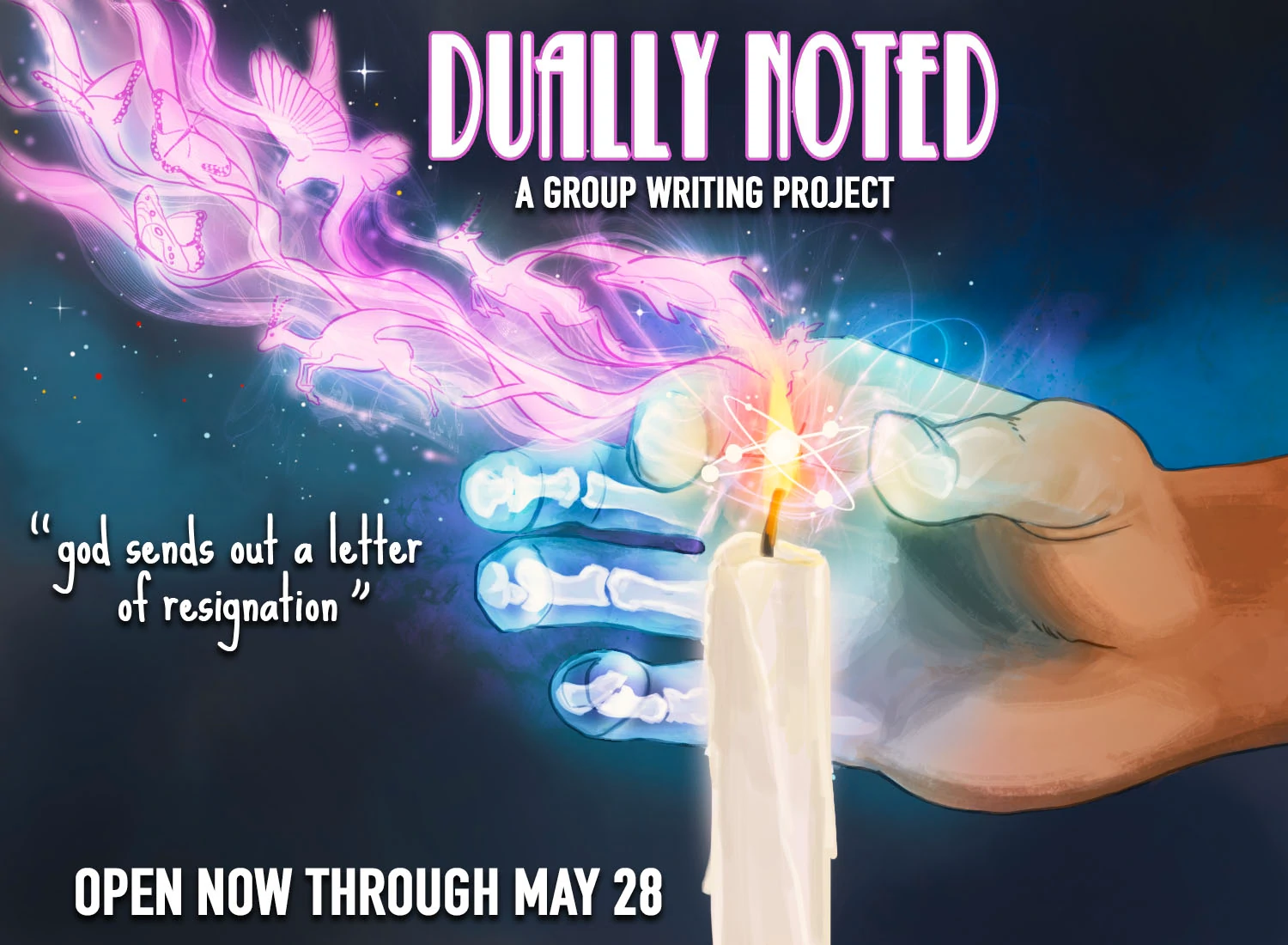
Memory Man
He comes once a month on the last day during the last hour. Never late, like clockwork, tick tock, and always on time. You gotta be lucky enough to find him, people say, but when you do, you’ll know. Only a handful of people have seen him, even with a backpack you can’t miss and a hat that covers eyes you’ll never see. People say if you’re desperate enough, you’ll find him.
You’re desperate enough. She was desperate, too.
You could go to The Center and tell them it was an accident. They’d ask you why and you’d tell them you don’t know. They’d buy It and take It away, but then they’d take you, too. You could go to a dealer in one of those alleys, the kind where piles of trash somehow tumble out of half-full dumpsters, where cats look for a feast and lampposts only ever flicker and there are rotting corpses of people who were hurt by accident—it was an accident, don’t forget that. They’d buy It and sell It, but then they’d sell you out because that’s ten times the money.
So, you look for him instead, clawing up hills like she clawed up your arms, dirt burying itself under your fingernails like your flesh buried under hers, like you buried her—
You notice his hat first. It’s tugged so far down his face that his nose is barely visible. Tufts of white hair curl themselves underneath, snaking around one another and fighting for the chance to say hello. She fought for the chance to see another day.
His backpack is twice his size, and the way it’s being poked and prodded and slammed into from the inside tells you that’s where your Memory will go. Dog tags hang off the side, limp like the overcooked noodles you had that night, limp like her when she took her final breath—your fingers pressed firmly against her neck, her mouth slack and lips drained of color when you tossed her into the now-full dumpster.
He doesn’t speak, doesn’t need to. And you, you don’t dare utter a word. His fingers are thin, delicate, smooth—hers: scratched, broken, swollen—as they flick up his hat. You look into his eyes. Those big, round, purple eyes people said you’d never see. But they’re right there and they’re telling you it’s okay. It was an accident. They know.
The last thing you hear is the wind before the world goes black, and you’re being pushed and shoved and poked and prodded at and slammed into and finally—you don’t remember a thing.
He leaves once a month on the first day during the first hour. Never late, like clockwork, tick tock always on time. You won’t even know he came, people say, save for the body he leaves behind. You can find it if you’re lucky enough.
But no one who’s truly desperate ever sticks around long enough to hear that part of the story.
